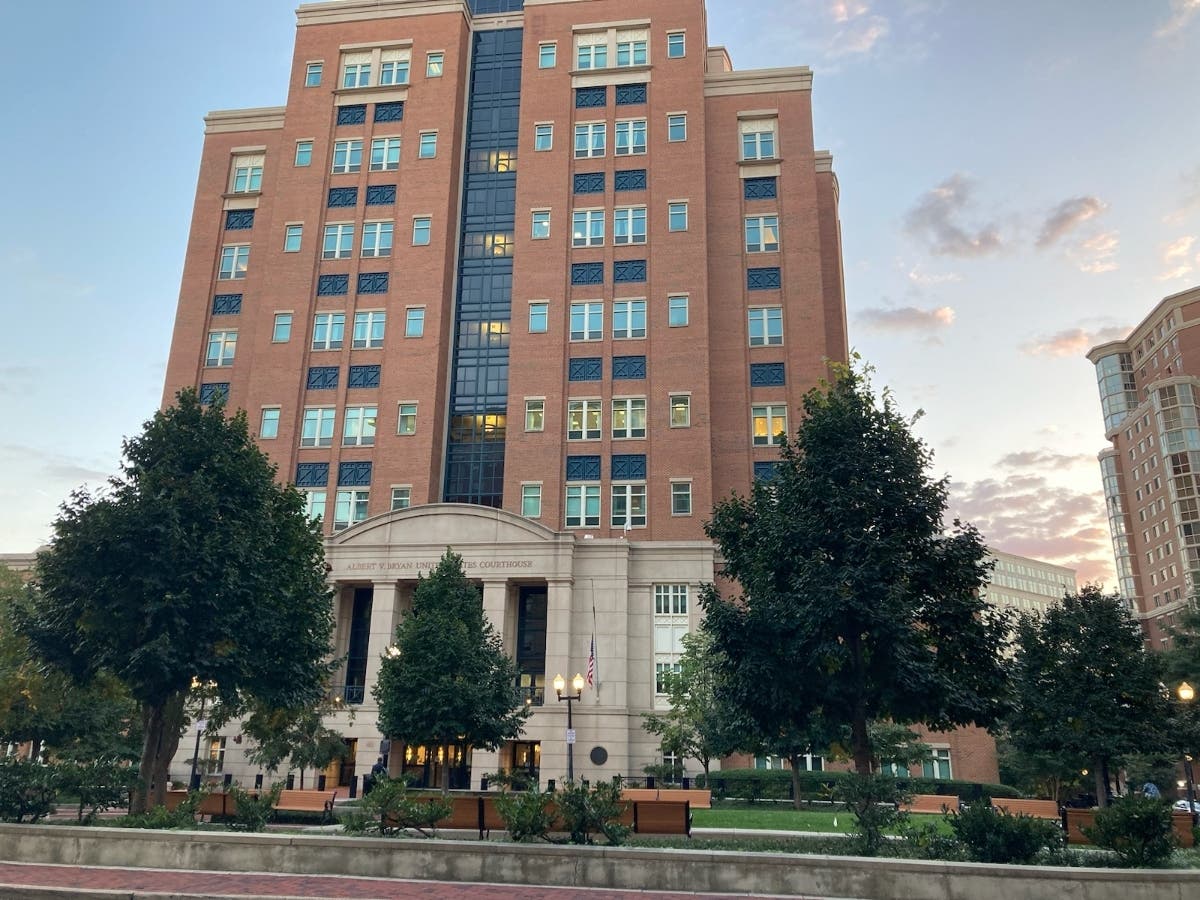March 26th In History: Prince's Fatal Fentanyl Overdose

Table of Contents
The Discovery and Initial Reports of Prince's Death
On April 21st, 2016, Prince was found unresponsive at his Paisley Park estate in Carver County, Minnesota. The discovery sent shockwaves through the global music community and beyond. Initial reports were understandably vague, fueling speculation and a wave of grief amongst millions of fans worldwide. The subsequent autopsy and death investigation would reveal a far more tragic and complex story. Key details surrounding the discovery include:
- The location: Prince's private residence and recording studio, Paisley Park, a place synonymous with his creative genius.
- The initial response: Emergency responders were called, and attempts were made to revive the artist, but sadly, they were unsuccessful.
- The media frenzy: News of Prince's death spread rapidly, leading to an outpouring of tributes and emotional reactions from fans, fellow musicians, and public figures globally.
The Role of Fentanyl in Prince's Death
The autopsy confirmed the devastating truth: Prince died from an accidental fentanyl overdose. Fentanyl is a powerful synthetic opioid significantly more potent than morphine or heroin. Its highly addictive nature and potential for lethal overdose contribute significantly to the ongoing opioid crisis. The investigation uncovered:
- The presence of fentanyl in Prince's system: Toxicology reports confirmed the presence of fentanyl, leading to the official cause of death being listed as an accidental overdose.
- The investigation's focus: Authorities investigated the source of the fentanyl, leading to the eventual prosecution of individuals involved in the supply chain.
- The broader context: Prince's death highlighted the insidious nature of opioid addiction, regardless of fame or fortune. It underscored the need for increased awareness and access to treatment resources.
The Aftermath and Legacy of Prince's Death
The death of Prince left an immeasurable void in the music industry and the hearts of millions. The aftermath included:
- A global outpouring of grief: Tributes poured in from around the world, celebrating Prince's unparalleled musical contributions and unique artistry.
- Legal ramifications: The investigation into the source of the fentanyl resulted in legal consequences for those responsible for supplying the drug.
- Renewed focus on opioid addiction: Prince's death became a focal point in the ongoing conversation surrounding the opioid crisis, prompting discussions about prevention, treatment, and harm reduction strategies.
- The Paisley Park Museum: Paisley Park, once a private sanctuary, is now open to the public as a museum, a testament to Prince's enduring legacy and a place of pilgrimage for his devoted fans.
The Enduring Power of Prince's Music
Despite the tragedy, Prince's music continues to resonate with audiences globally. His impact on music transcends genres, influencing artists across the spectrum:
- Musical genius: His innovative approach to music, blending funk, rock, pop, R&B, and soul, cemented his place as a true musical visionary.
- Enduring classics: Songs like "Purple Rain," "1999," and "Little Red Corvette" remain timeless classics, captivating new generations of listeners.
- Cultural impact: Prince's bold style, provocative lyrics, and outspoken nature cemented his status as a cultural icon, influencing fashion, film, and artistic expression.
Conclusion: Reflecting on the Legacy of Prince and the Dangers of Fentanyl
The death of Prince on March 26th, 2016, remains a poignant reminder of the devastating consequences of fentanyl overdoses and the ongoing opioid crisis. While we mourn the loss of a musical genius, let us also use this tragic event to raise awareness and fight the devastating effects of opioid addiction. His legacy as a musical icon is undeniable, but let's also remember his untimely death as a call to action. Learn more about the dangers of fentanyl and how to get help for opioid addiction. Remember Prince and fight the opioid crisis. Let's honor his memory by advocating for increased fentanyl awareness and promoting resources for those struggling with addiction.

Featured Posts
-
 Resmi Miley Cyrus Rilis Singel Baru End Of The World
May 31, 2025
Resmi Miley Cyrus Rilis Singel Baru End Of The World
May 31, 2025 -
 The Future Of Global Power The Us And Chinas Military Competition
May 31, 2025
The Future Of Global Power The Us And Chinas Military Competition
May 31, 2025 -
 11 Year Old Girl Missing After Falling Into River Thames Police Search Underway
May 31, 2025
11 Year Old Girl Missing After Falling Into River Thames Police Search Underway
May 31, 2025 -
 Exploring The Countrys Dynamic Business Regions
May 31, 2025
Exploring The Countrys Dynamic Business Regions
May 31, 2025 -
 Navigating A Narcissistic Parent Miley Cyruss Story And Lessons Learned
May 31, 2025
Navigating A Narcissistic Parent Miley Cyruss Story And Lessons Learned
May 31, 2025
